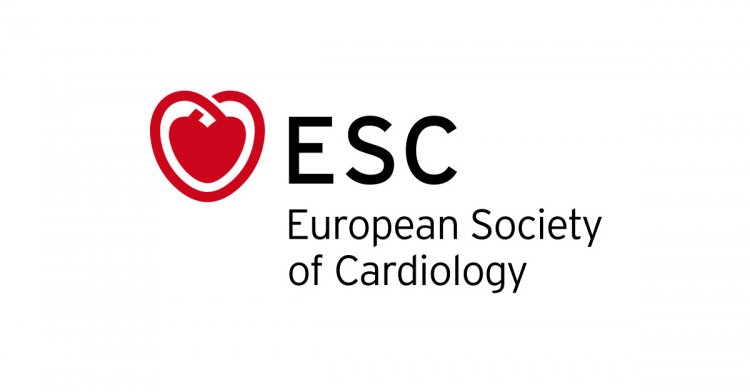European Society of Cardiology Hosting Cutting-Edge Digital Summit in Tallinn

A major medical society is tackling the opportunities and challenges of digital health
TALLINN, Estonia: The rapid evolution of digital technology and its impact on heart disease is the subject of an exciting new congress organized by the European Society of Cardiology (ESC). The ESC is the world’s largest scientific society of cardiovascular professionals, bringing together more than 100,000 members across 57 National Cardiac Societies.
The ESC Digital Summit will be held in Tallinn, Estonia on 5-6 October 2019. The Right Honourable Juri Ratas, Prime Minister of the Republic of Estonia, will deliver the Opening Address at the KultuuriKatel “Creative Hub”.
The Summit will feature TED-style talks, United Nations-style panels, and technology workshops. An exhibition area will display cutting-edge innovations.
“There are technology innovators, from small start-ups to established giants, looking to develop the next big breakthrough in cardiovascular medicine. This Summit is for them,” said Dr. Martin Cowie, Professor of Cardiology at Imperial College London, and Chair of the ESC’s Digital Health Committee. “This is the place to exchange ideas, receive precious feedback from leading cardiologists and develop essential connections.”
According to the World Health Organization, cardiovascular disease remains the leading cause of death. The advent of new technologies, including wearables, wireless mobile devices, artificial intelligence, and big data are already transforming medicine and the doctor/patient relationship.
“This technology supports more efficient and effective care,” said Prof Cowie. “The changes enable information and clinical decision-making to be more easily shared with the patient and other healthcare professionals.”
“The next decade will see unprecedented advances in healthcare delivery and disease prevention using more complex technologies,” he said. “We all need to better prepare.”















































